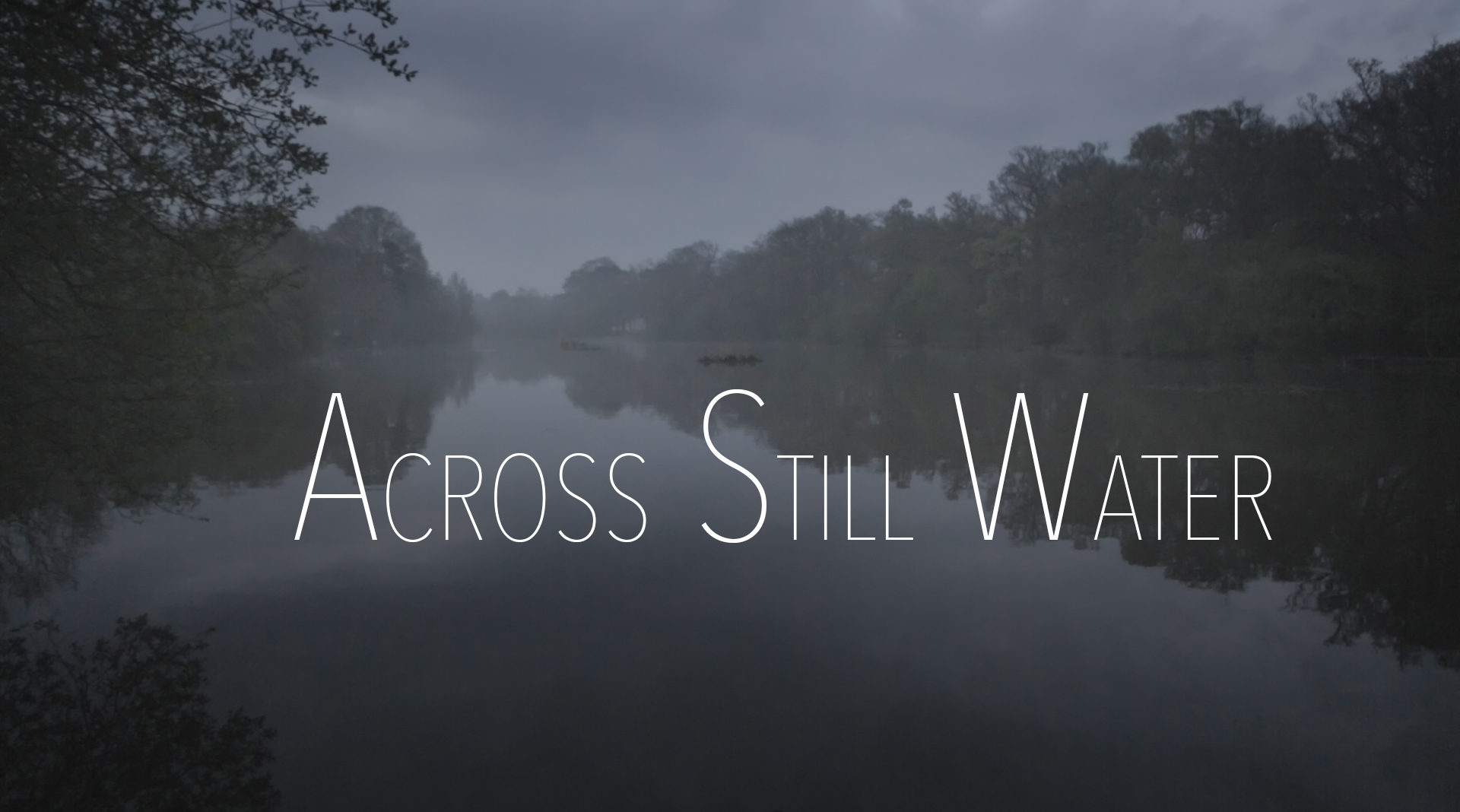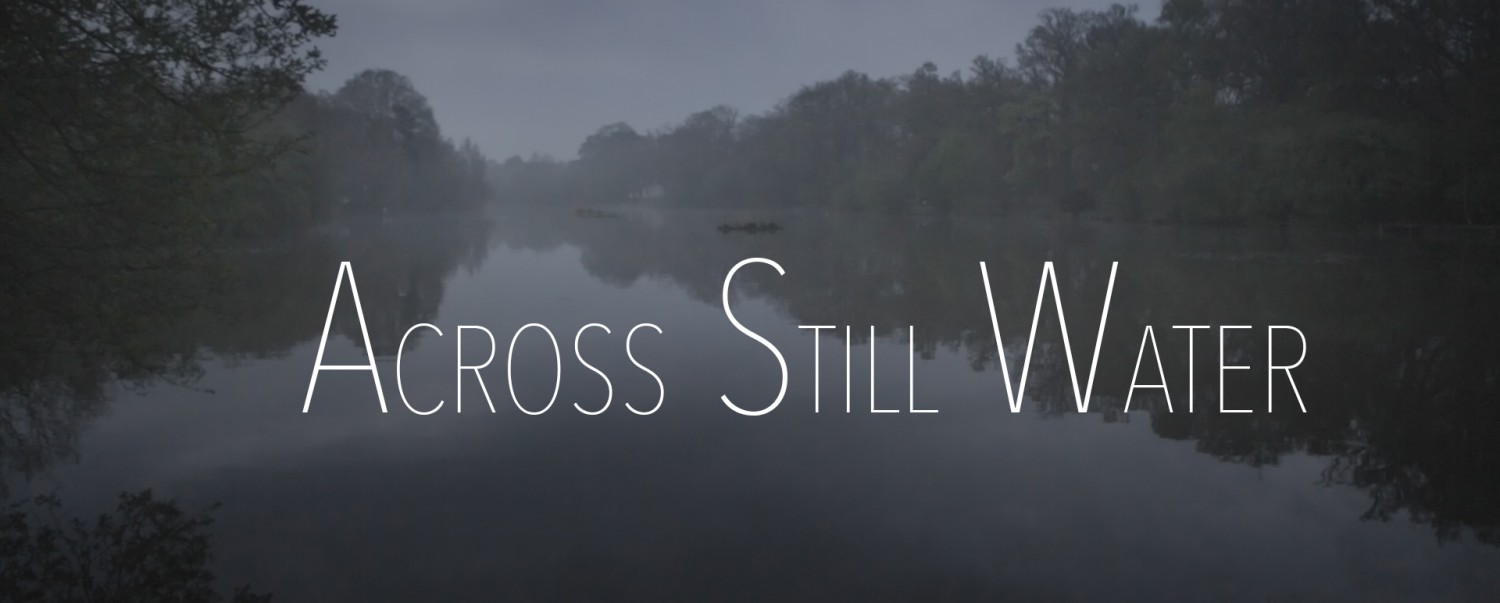“A poignant, hopeful and visually memorable film”
Aesthetica Short Film Festival 2015 – Best Documentary
Four years ago John’s life changed forever when he began to lose his sight. Urged by those around him to make difficult decisions he seeks solace in his love of night fishing guided by his young friend Ben in a journey requiring real patience and fortitude.
The film is a 12 minute documentary about 32 year old John Chapman from Kentish Town who is at a critical point in his life as he adjusts to the loss of his sight from the incurable condition Retinitis Pigmentosa. With an amazing strength of character and the help of family and friends he leads a very full life. Yet his mother and others are frustrated by his refusal to make difficult decisions, including giving up his little Jack Russell so he can get a guide dog. John wants to hold on to as much of his previous life continues to go night fishing diligently guided by 14 year-old schoolboy Ben.
This is a subtle and gently paced exploration of a journey requiring patience and fortitude evoked in scenes of a night fishing trip and encounters with those who urge him to take the next vital steps in his life.
Across Still Water is a very serenely told, very assuredly shot documentary about a young man, John, in his early 30s who is afflicted by Retinitis Pigmentosa (an incurable degenerative condition) and is slowly going blind. With no narration, we watch as John slowly has to come to terms with his condition through the help of his mother (who urges him to either begin cane training or get a Guide Dog), a blind man he speaks to in the pub (who tells him about all the preparations he’ll need to undergo in order to live with his condition) and Ben, a young boy with whom John goes night-fishing in the the secluded lakes and woods of North London.
This is very much a film of inter-dependence and juxtapositions. The very subtly shot scenes of Ben and John fishing at night in the subdued rural surroundings contrast well with the shots of the architecturally angular estate where John lives, shot during the day. At the present time it is only after dusk that John cannot see at all. During the fishing trips, we learn that with the aid of Ben and audible bite-indicators, John is a talented fisherman. John is required here too, as Ben is too young to go night fishing on his own.
There is no raging against the dying of the light. This is a very quiet, very patient film exploring one man’s very quiet, very patient journey into darkness, and a strengthening of friendships and will.
Unofficial Cambridge Film Festival
Female directors’ short films : LSFF and The Guardian at Festival Central
Short films from London Short Film Festival in conjunction with The Guardian
This is not a film that imagines that an adult audience needs its story laid out from the start : it dares to have us knocking around in an underground space at the beginning (where elongated, protective bags are in evidence, but are we clear that they do not contain hunting equipment ?), and running through shots, by the water (and using natural light ?), of night-fishing, before a scene where John is talking to his mother in her kitchen.
His disability, or its nature, escaped us, but now – and with scenes of practising casting in daylight – we realize that what can be reached with a rod symbolically is a sort of measure of it. Across Still Water, in its pace and editing, has a considerable sense of still, and space, in which to contemplate what we now see. And the dark, and the moonshine, of the final scenes by the water serve as metaphor, as John comes to the point of saying to his friend Gonna have to swallow and do it in the end.

